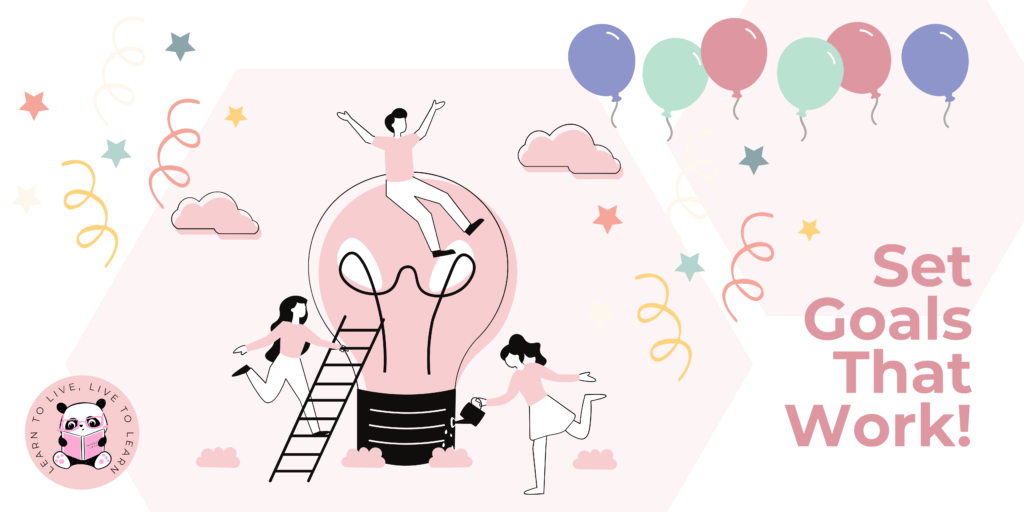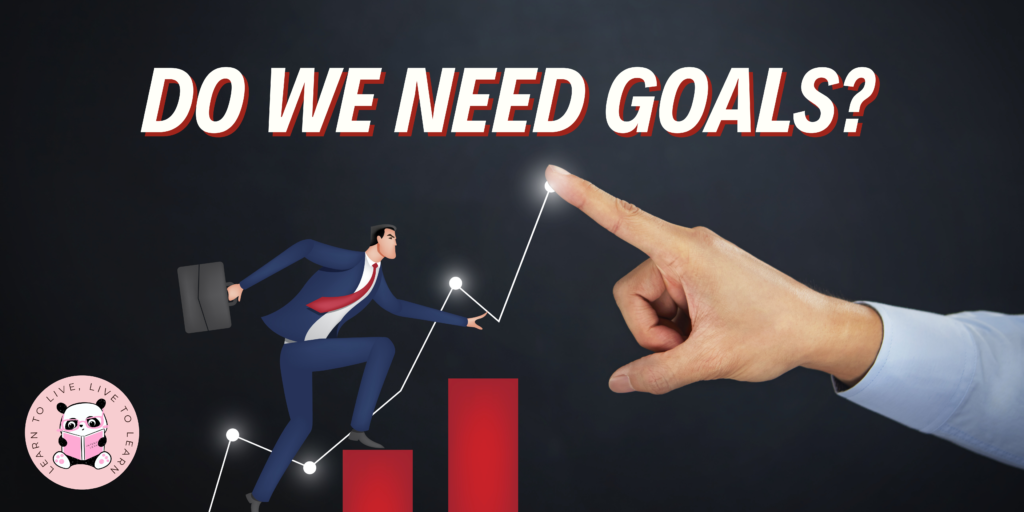12 Simple Habits To Be Highly Effective At Work
Written by Michelle Ong | August 30, 2024 | Productivity

Discover 12 simple habits to boost personal effectiveness and productivity at work.
Ever found yourself staring at your to-do list at the end of the day, wondering where all the time went and why nothing got done? I know I have. It’s a common struggle—trying to be effective at work but feeling like you’re spinning your wheels.
If you’ve been battling with motivation, I recommend checking out an earlier post on common reasons why many struggle to stay motivated.
In this post, I’ll share simple, actionable strategies that have helped me boost my productivity and get more out of my workday without feeling overwhelmed.
1. Manage Time Effectively
“The key is not to prioritize what’s on your schedule, but to schedule your priorities.”
Stephen R. Covey
In our busy lives, time and resources are often stretched thin. Mastering effective time management is crucial for boosting productivity. Techniques like the Pomodoro method, time blocking, task batching, and avoiding multitasking can significantly enhance work effectiveness.
For example, I schedule specific blocks of time for tasks like drafting reports or meetings. By dedicating 2 hours exclusively to report writing and batching email responses into one or two dedicated slots, I reduce mental strain and avoid the productivity pitfalls of constant task switching.
When faced with a critical meeting, a report deadline, and a flood of emails, knowing which tasks to tackle first simplifies my day and boosts productivity. The Eisenhower Matrix has been a game-changer for me, helping to prioritize tasks by urgency and importance so I can focus on what truly matters. By zeroing in on high-impact tasks that align with my long-term goals, I stay motivated and ensure my efforts contribute to something meaningful.
These methods streamline my work, make tasks easier to complete, and reduce procrastination. For more on effective time management techniques, check out this post here.
2. Be Productive, Not Busy
“Efficiency is doing things right; effectiveness is doing the right things.”
Peter Drucker
Doing more doesn’t always mean being more effective. I’ve found that focusing on productivity over busyness is essential for maintaining efficiency and avoiding burnout.
Overcommitting and juggling too many tasks can lead to scattered efforts and diminished quality of work. Balancing workload, setting realistic expectations, and avoiding excessive demands on myself helps maintain my well-being and performance.
I’ve learned to apply the Pareto 80/20 principle, which means spending more time on tasks that actually contribute to my long-term goals, like advancing a key project, and less on things that don’t, like low-priority emails. This approach has helped me achieve more by focusing on what’s most important, making my workload feel more manageable and boosting my productivity.
3. Set Goals With Timelines
Goals provide clear direction and boost my chances of getting things done by increasing focus and motivation. For instance, setting SMART goals such as “complete the first draft by Friday afternoon.” keeps me on track and ensures I stay productive.
Additionally, I set goals on different time scales—daily, weekly, monthly, and quarterly—based on the nature of the task. For one-off tasks, daily or weekly goals work best, while big, long-term projects benefit from monthly or quarterly milestones. This approach helps me stay organized and prevents feeling overwhelmed. I’m careful to set goals that are realistic and achievable, avoiding the trap of over-ambition, which can lead to burnout or disappointment.
If you’re interested in exploring more goal-setting principles and methods that can help you work more effectively and align with your purpose, be sure to check out the relevant posts.
4. Routines
“Productivity is never an accident. It is always the result of a commitment to excellence, intelligent planning, and focused effort.”
Paul J. Meyer
Building routines has been essential for cultivating discipline and focus, providing a reliable structure that keeps me motivated even when things get tough. This systematic approach is far more effective than relying on fleeting bursts of motivation, as it streamlines repetitive tasks and prevents decision fatigue.
For example, I set specific times for tasks like replying to emails at the start and end of the day. This routine simplifies decision-making and frees up mental energy for more important work.
While trusting my work plan is key, I’ve learned that staying flexible is just as important. I adjust my routines as needed to stay productive and balanced.
For more tips on building effective routines, check out this post on planning and creating routines.
5. Personalized Method
I’ve built a personal system using apps like Notion and Google Calendar to help me stay disciplined and focused.
Notion is my go-to for setting goals, creating daily to-do lists, and breaking down big projects into manageable tasks. There’s something incredibly satisfying about checking off tasks on my daily list—it’s a small but powerful boost to my sense of accomplishment.
Google Calendar keeps me organized with alerts and reminders, ensuring nothing slips through the cracks. By consistently scheduling my tasks, I avoid leaving things to chance and cultivate the discipline and habits needed to stay on track.
Beyond apps, simple methods like phone reminders and sticky notes are also essential. These visual cues help me stay on track with daily goals, reducing the effort needed to get started and keeping me motivated throughout the day.
By integrating these tools into my workflow, I’ve been able to streamline my tasks, stay productive, and maintain a smooth workday.
6. Divide & Conquer
Breaking down tasks into manageable, actionable steps makes them feel less overwhelming. For example, instead of trying to complete an entire report in one sitting, I might start by drafting just one sentence of the introduction. This approach helps me build momentum and confidence as I check off each small step, making the overall task feel more manageable.
If I’m working with tight deadlines, I adjust by breaking tasks into slightly larger steps that fit the timeline. This way, I stay on track without feeling overwhelmed, while still progressing steadily towards the goal that help me be productive in the long run.
For more on effective task management and overcoming procrastination, check out these posts for practical strategies and tips.
7. Create A Work-Friendly Space
I’ve found that optimizing my workspace—by maintaining a tidy desk and setting rules like keeping my phone out of reach and limiting text message checks—creates an environment that significantly enhances my focus and effectiveness.
8. Review & Learn
Regular review and learning are essential for staying effective at work. I find that setting aside time to reflect on my performance helps me understand what went well and what needs adjustment. For instance, after finishing a project, I’ll review the process, seek feedback, and note any areas for improvement. I’ll also learn continuously through reading relevant books, taking courses, or learning from experts, to continually improve and become more effective in my work.
9. Learn To Say “No”
I’ve also realized that trying to please everyone and spending too much time on things others request of me can tire me out, leaving little time for what truly matters to me. This constant overextension not only affects my work efficiency but also takes a toll on my health.
I’ve found it essential to plan a reasonable work schedule that allows for rest so I can perform at my best without sacrificing my well-being. And I’ve also learned not to be too hard on myself—setting unrealistic expectations can backfire, leading to stress and reduced effectiveness. It’s all about finding that balance.
If you’ve ever struggled with similar tendencies, check out these articles on reasons why we’re often too hard on ourselves and how to be kinder and love ourselves better.
10. Take It Easy
Good stress management and resilience are crucial for staying effective at work. Techniques like meditation, yoga, and practicing gratitude have been game-changers for me. A quick meditation break or a short yoga session can really refresh my mind and lift my mood during a hectic day.
Regular breaks are also vital, especially when tackling long tasks. Stepping away for a few minutes helps me recharge and return with renewed focus. Plus, getting enough sleep is essential for recharging fully and performing at my best each day.
If you’re looking to improve stress management and find ways to unwind, check out these relevant posts for practical strategies and tips.
11. Become A Better “People” Person
People are at the heart of most work settings, and managing complex relationships is crucial for effectiveness. Staying calm, not taking things personally, and avoiding unnecessary anger are key strategies. Stephen Covey’s The 7 Habits of Highly Effective People offers valuable insights on this, particularly the importance of practicing empathetic listening and exercising patience.
By seeking first to understand, then to be understood, you can improve communication, prevent conflicts, and build trust. This approach strengthens relationships and makes it easier to accomplish goals together.
12. Collaborate & Outsource
Collaborating and leveraging the skills and strengths of others can significantly enhance work effectiveness and productivity. As the saying goes, “If you want to go fast, go alone; if you want to go far, go together.”
While I’m not yet at the stage where I can delegate tasks or hire a virtual assistant, I recognize the value of pooling resources and working in teams. By being open to diverse perspectives and understanding that there are multiple ways to solve a problem, we can create innovative solutions that might not have been possible alone.
It All Starts With You
Taking initiative, being proactive, and taking ownership of your work are the foundation of professional effectiveness. Whether you choose to embrace these strategies depends on your commitment to excelling in your career. By stepping up, taking responsibility, and actively seeking solutions, you not only drive your own success but also contribute more meaningfully to your team. This proactive mindset empowers you to shape your career path, overcome challenges, and consistently deliver high-quality results, making you a valuable asset in any professional setting.
You may want to check out this post for more tips on forming lasting habits.
Like what you are reading? Pin & share this post with your family and friends! And follow me on Pinterest for more daily inspiration!


